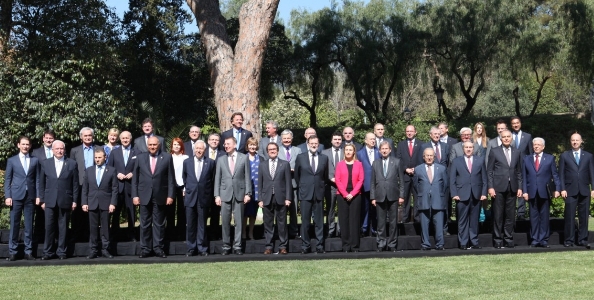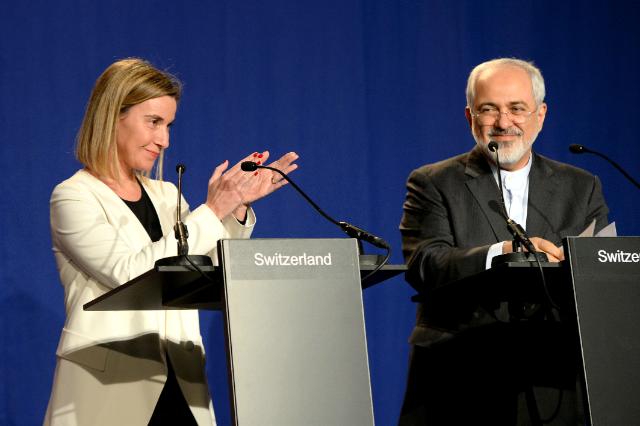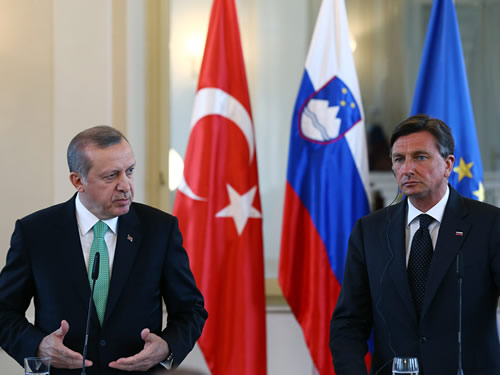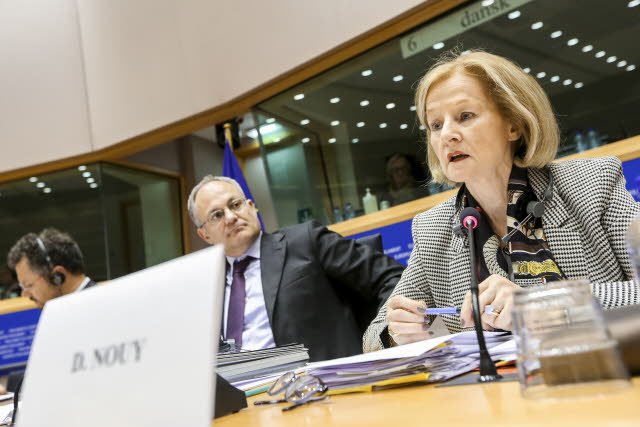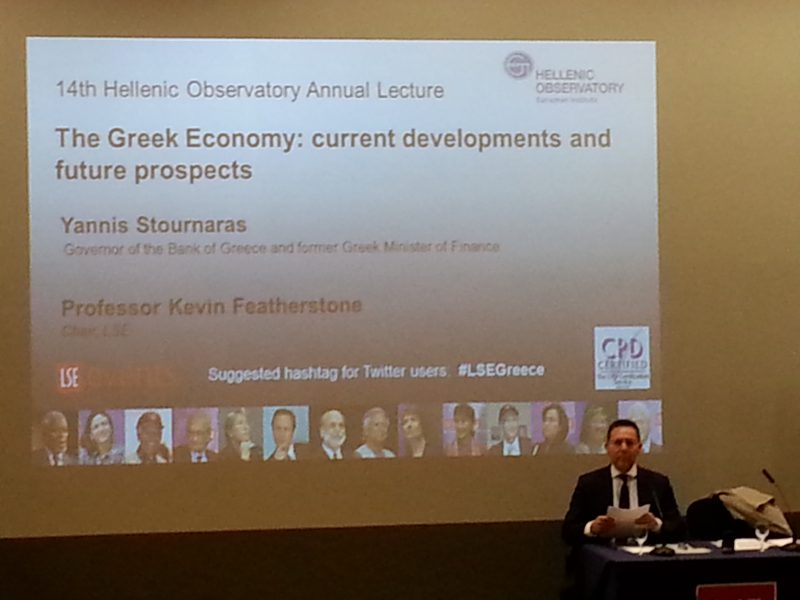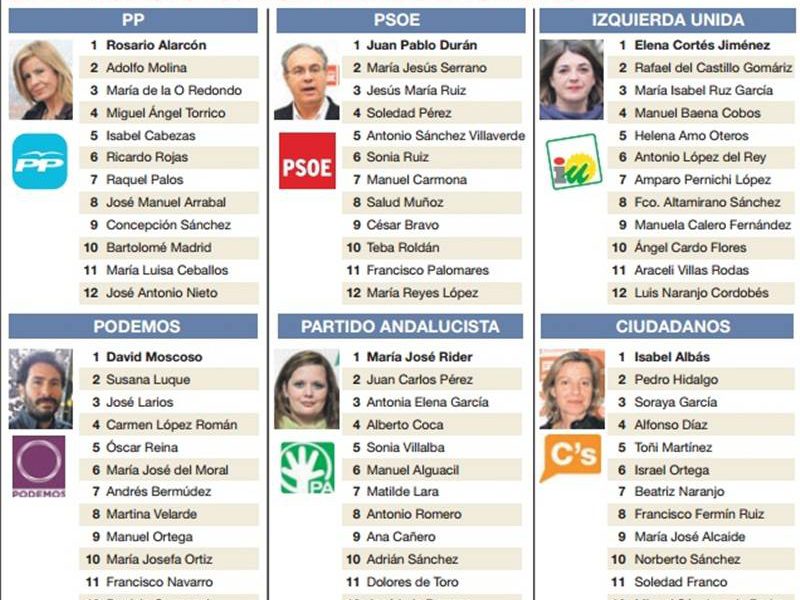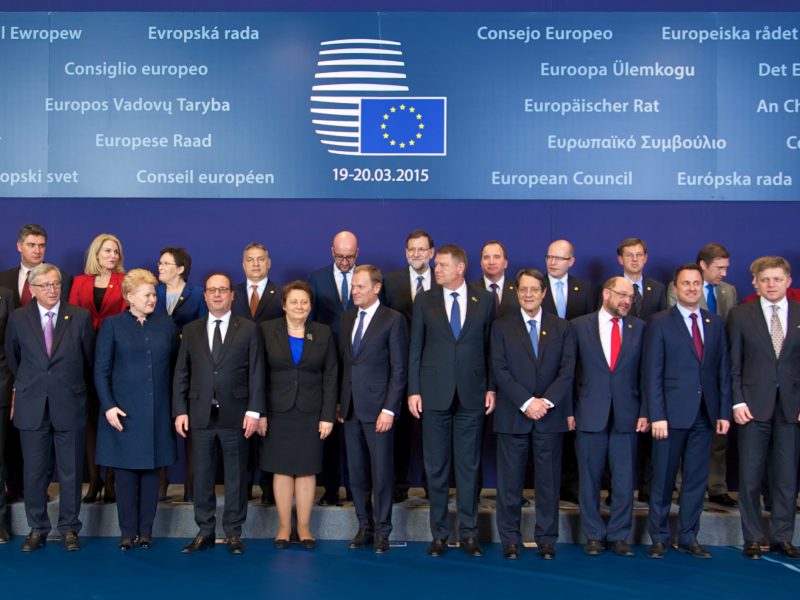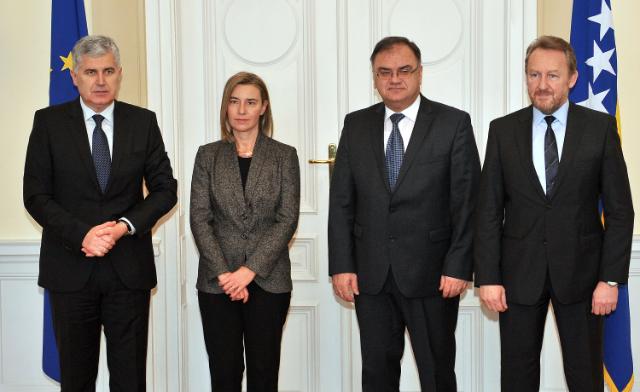The EU accuses Google of abusing its dominant position and opens up an investigation on Android
After five years of research, the European Commission has today accused Google of abusing its dominant position by promoting its products in Internet searches, where it control 90% of the market share in Europe. In parallel, the Commission has formally opened an antitrust investigation against Google’s Android mobile operating system, including its applications and services. This opens up a new front against Google, which could affect its aspirations of gaining ground in the mobile market.


